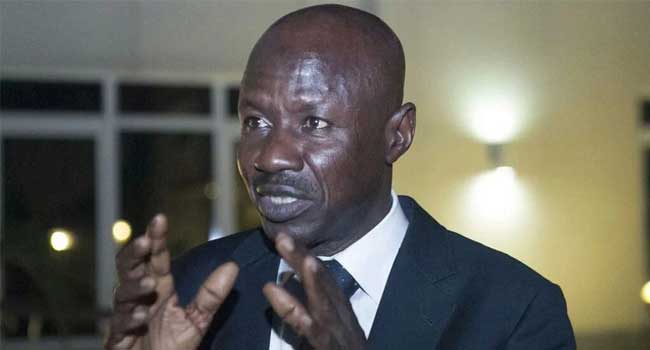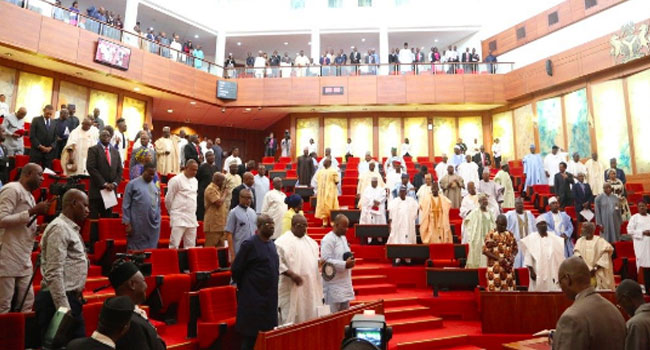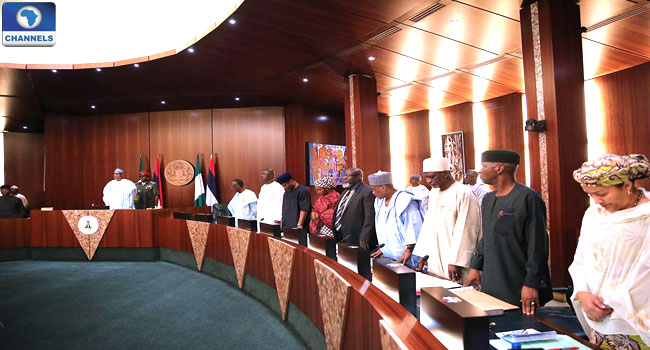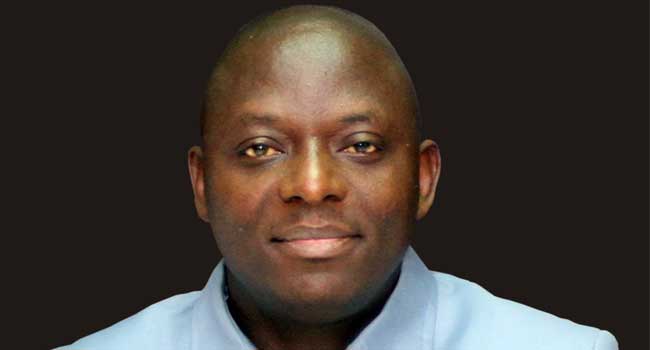
The Acting Chairman of the Economic and Financial Crimes Commission, EFCC, Ibrahim Magu has revealed that the money stolen between 2011 and 2015 is well over N1.3 trillion.
According to Magu, the money stolen within this period was by 32 entities, both human and corporate.
Magu made the disclosure in his keynote address at the opening ceremony of the 2019 First Batch Conversion Training Programme to Procurement Cadre for Federal Parastatal and Agencies, organised by the Bureau of Public Procurement, BPP, in Lagos on Monday.
READ ALSO: APC Campaign Council Asks IGP, DSS To Investigate PDP Over ‘Access To INEC Server’
Magu, in a paper delivered on his behalf by the Commission’s Secretary, Ola Olukoyede decried the huge financial loss to the country and noted that a quarter of the money could have been used for education and infrastructure development in the country.
“One third of this money, using world bank rates and cost, could have comfortably been used to construct well over 500km of roads; build close to 200 schools; educate about 4000 children from primary to tertiary levels at N25million per child; build 20,000 units of two-bedroom houses across the country and do even more.
“The cost of this grand theft, therefore, is that these roads, schools and houses will never be built and these children will never have access to quality education because a few rapacious individuals had cornered for themselves what would have helped secure the lives of the future generations, thereby depriving them of quality education and healthcare, among others,” he added.
The EFCC boss further identified the fraudulent practices in procurement processes in Nigeria to include: kickbacks, conflict of interests, and fraud in the bidding process, bid suppression, collusive bidding, bid rotation and market division. Others according to him are: co-mingling of contracts, change order abuse, cost mischarging, defective pricing, false statement and claim, phantom vendors, product substitution, unnecessary purchases and purchases for personal use or resale.



